Culturally safe and accessible health care helps to close the gap in outcomes for Aboriginal and Torres Strait Islander peoples and improves their social and emotional wellbeing.
Opportunities
In the region, our First Nations Strategy and local Health Equity Strategy aim to actively eliminate racial discrimination and institutional racism, and influence the social, cultural and economic determinants of health by working with Aboriginal and Torres Strait Islander organisations, health services, communities, consumers and Traditional Owners to design, deliver, monitor and review healthcare services.
Potential focus areas include:
- community health education around healthy lifestyles, risky behaviours and available health services
- education to help mainstream services provide accessible and appropriate health care for Aboriginal and Torres Strait Islander peoples
- ways to attract, support and retain Aboriginal and Torres Strait Islander health workers in the region
- transport from rural communities to health services
- partnerships with other organisations to collectively influence health outcomes.
Collaborative partners
- Hospital and Health Services
- Local Governments
- Peak bodies and service partners
- Accreditation and training agencies
- Aboriginal Medical Services
- Aboriginal Community Controlled Health Organisations
- Community leaders.
The outcomes of these actions will be seen in:
- increased life expectancy for Aboriginal and Torres Strait Islander peoples in the region
- decreased rates of chronic disease for Aboriginal and Torres Strait Islander peoples in the region
- increased representation of Aboriginal and Torres Strait Islander workers in the region
- increased access to culturally safe health services by Aboriginal and Torres Strait Islander peoples.
Our progress
Since the 2019–21 HNA high rates of chronic disease and mental health conditions have persisted for Aboriginal and Torres Strait Islander peoples in the region. An increase in Aboriginal and Torres Strait Islander workforce and services, and better access to services, particularly in regional areas, all continue to be critical. The Aboriginal and Torres Strait Islander community of Cherbourg established a Health Council in 2021–22 to create community-led changes in health outcomes.
Related priorities
Supporting healthy mothers and children - read more ›
Providing primary mental health care - read more ›
Promoting health and preventing disease - read more ›
Increasing access and coordination of care - read more ›
Increasing workforce capacity and wellbeing - read more ›



